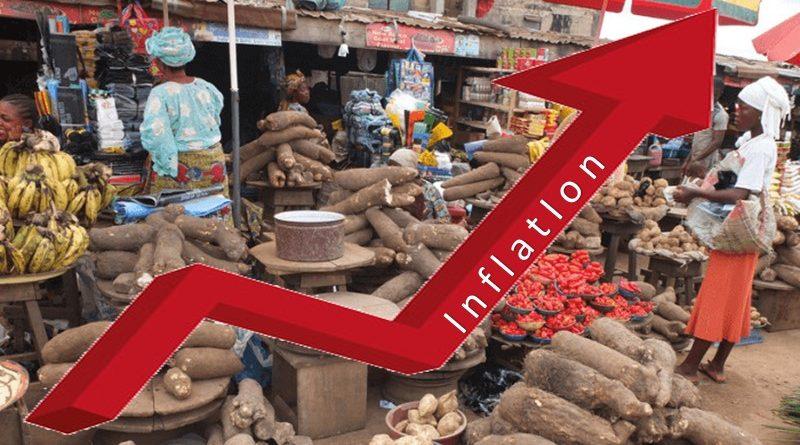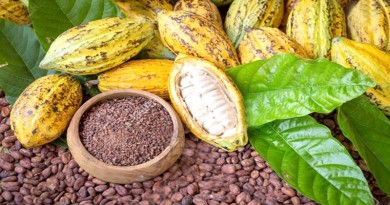Nigeria’s Inflation Rose to 22.79% in June 2023
The National Bureau of Statistics (NBS) reported in its Consumer Price Index (CPI) report for June 2023 that Nigeria’s headline inflation rate increased to 22.79 percent. Year on year (YoY), the headline inflation rate was 4.19 percentage points higher than the rate recorded in June 2022, which was 18.60 percent, and an increase of 0.38 percentage points over the rate recorded in May 2023, which was 22.41 percent.
Urban inflation in June 2023 was 24.33 percent year on year, 5.23 percentage points higher than the 19.09 percent recorded in June 2022. Rural inflation in June 2023 was 21.37 percent year on year, 3.25 percentage points more than the 18.13 percent reported in June 2022.
Food inflation was 25.25 percent year on year, which was 4.65 percent more than the 20.60 percent reported in June 2022. The rise in the inflation rate is caused by numerous factors, including increased food prices due to food shortages and transportation expenses, high energy prices from subsidy elimination, which raises the cost of production, the unpredictable exchange rate caused by floating the naira, and so on.
These factors reduce citizens’ purchasing power and raise the cost of living. To lower inflation, the government should solve the food supply disruptions caused by insecurity, flooding, and transportation issues.
To avoid price hikes, the government must also prioritize steps to reduce corporate expenses in the country, such as providing affordable electricity. Furthermore, because the vast majority of commodities and raw materials are imported, the government must handle the issue of imported inflation.
High import costs can be minimized by encouraging domestic manufacturing and giving required support to domestic firms, such as financing availability and appropriate infrastructure.
Furthermore, if these policies are implemented promptly, they will help to stabilize and strengthen the currency in the aftermath of the recent unification of exchange rates, lowering the price of Premium Motor Spirit (PMS) at the pump, lowering general transportation costs, and, as a result, lowering inflation rates.




